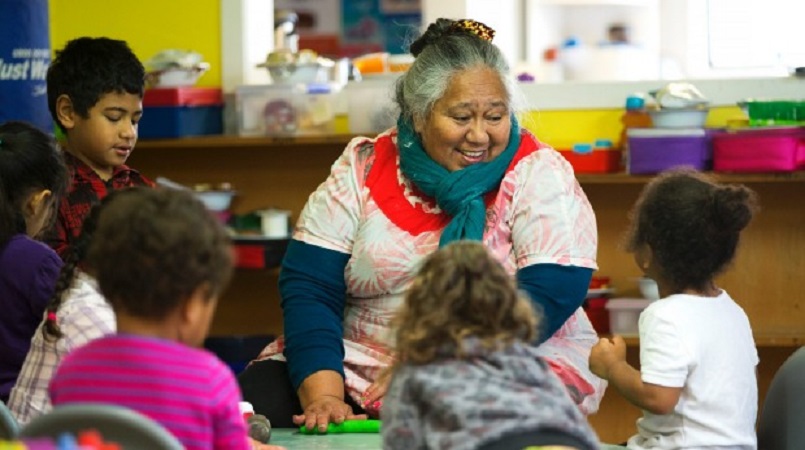
A scheme begun by a group of parents who wanted to ensure their children retained their Samoan language has blossomed into a string of projects that have enriched the community.
Malamalama Moni Aoga Amata was founded in 1993 from an informal Samoan language nest run in a garage.
In 1993 an early childhood centre was set up in Highbury, using Samoan as the primary language. Since then the facilities and licence have expanded twice due to strong demand.
As the children moved to primary school the group again found a way to support them, with an after school club and holiday programme.
Then in 2001 when the children reached secondary school the group founded the annual Pasifika Fusion festival. Next week's Fusion will include 14 schools competing in cultural, academic and art categories.
MMAA also develops qualified ECE teachers who are fluent in Samoan, by employing them, mentoring them, and paying them for their study hours.
Recently the group were recognised for their work by being named as one of four finalists in the leadership category of the Prime Minister's Education Excellence Awards.
The award was won by Rotorua Boys' High School, but MMAA licensee Tiana Fauolo said they were proud to have been recognised for both their hard work and collaborative management style.
"We have distributed leadership - it's run by a committee, and supported by the church. It's empowering.
"Through research and experience we know that when you lose your language you lose your identity, and that's when problems are caused, so we wanted to keep the kids together to keep their language alive."
"It's parents too who are finding that they are craving to know about their Samoan side, and so they learn it through their children when they bring them here and get that connection."
The ECE is currently licensed for 15 babies under two years and 40 preschoolers, and focuses on developing fluent and confident learners.
It operates a free van service, and the MMAA offices are used as a base for primary, secondary and tertiary students for after school homework, study and assignments.
The Fusion festival has been a runaway success, Fauolo said, reaching thousands of young people, encouraging cultural pride and learning.
"We want our Pacific students to be involved in the community, and we bring Pacific role models as guest speakers.
"We want to encourage the academic too, so we have debates, speeches, a quiz, cinematography, wearable arts, poetry ... a lot of their work the kids can use as a marking piece for NCEA."
The traditional performance section is hotly contested each year, and students are encouraged to ask parents to come in to schools to teach them their dances.
"Sometimes it's very small islands, and the parents are then connected to the teachers and from that we've had a massive increase in parents becoming a BOT member," Fauolo said.
"Everyone's passionate about this place, so we have no worries about the future. We're all passionate about where our kids end up."
Teacher Poto Faaiuaso playing with children at Malamalama Moni Aoga Amata early childhood education centre and language nest, in Highbury. Murray Wilson/ Fairfax NZ.
